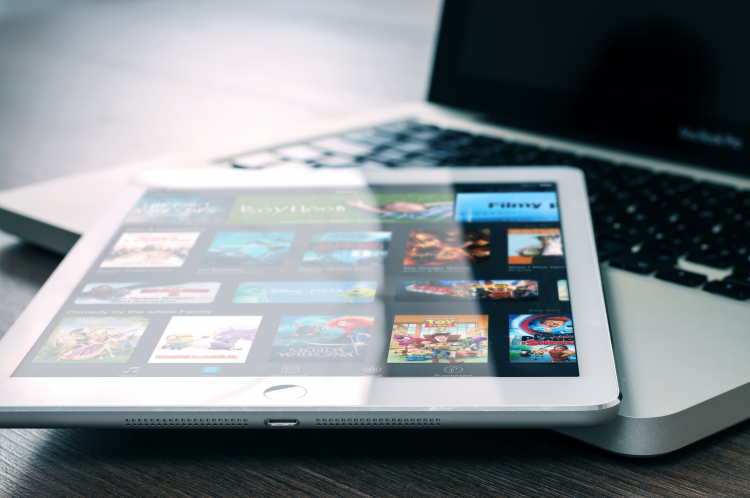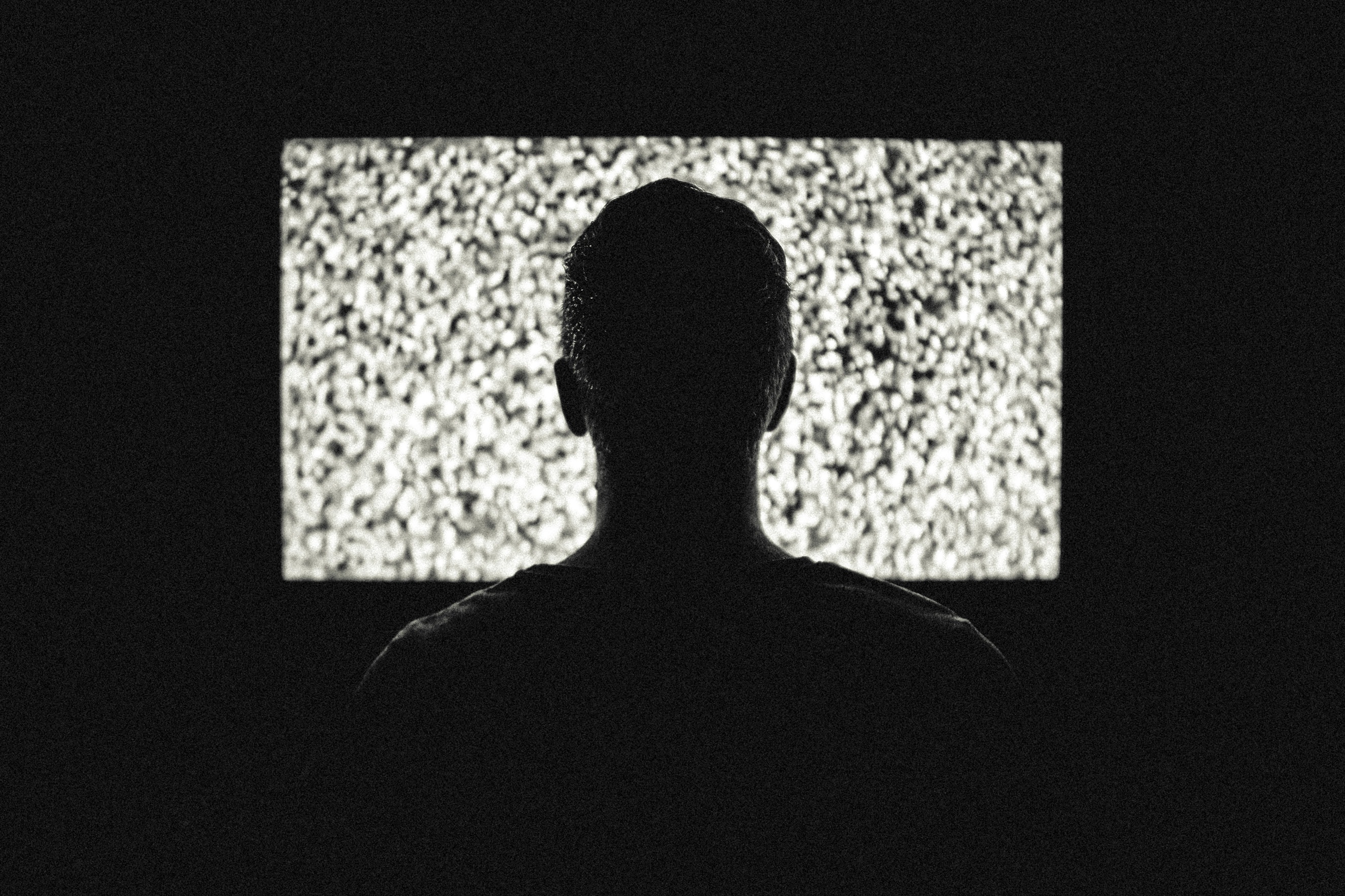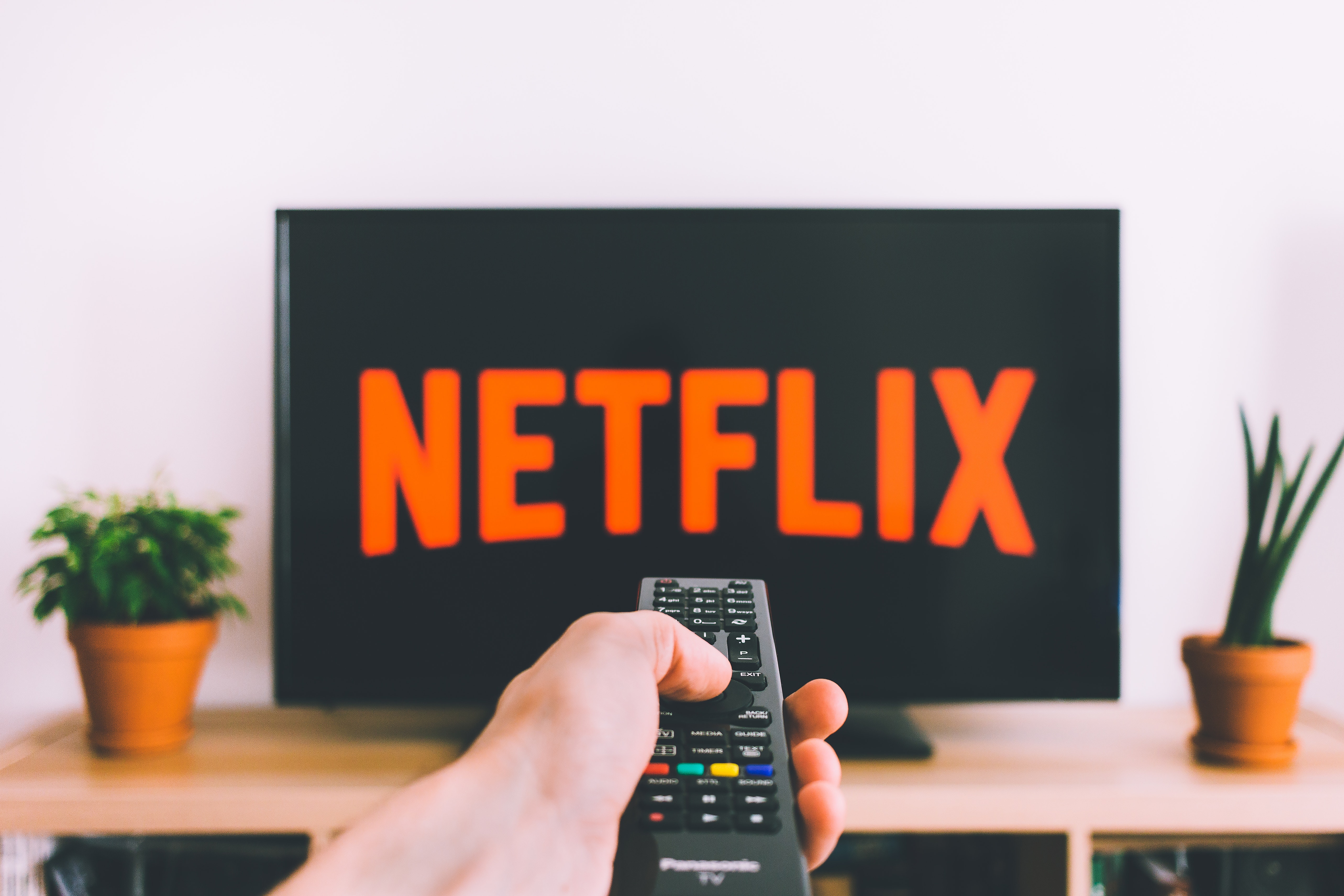Are You Still Watching?

"Are you still watching?" is a phrase we have all seen after watching hours of Netflix. Seeing that white line of text flash across my screen makes me want to scream, "Hey! Netflix are you shaming me just because I've watched four episodes of Stranger Things and plan on watching the next five?" There are undeniable joys that come with streaming the new season of your favorite show, but sometimes it goes too far. I've wasted entire weekends just watching one show, albeit I should not have started Grace and Frankie knowing that there were four seasons at my disposal. If it's known that binge-watching is time-consuming, why do we spend hours watching streaming services?
Is Binge Watching Bad For You? by AsapSCIENCE
A study shows that college students are the most vulnerable when it comes to falling prey to continuous binge-watching. College students make up the largest amount of binge-watchers due to the excess amount of free time and a lack of control that they may face throughout their college experience. The study suggests that the biggest factors that encourage students to stare at our screens for hours are loneliness, stress, and boredom. More importantly, binge-watching is very addictive; it becomes a daily habit to the point that one could feel the difference of skipping a day in binge-watching.
In my personal experience, stress and boredom have been the biggest factors in choosing to binge watch shows. It is a great form of escapism, once I get sucked into a show the outside world does not matter and it forces me to clear my mind. For each forty-five-minute-long commercial free show, the stresses of school and life melt away. The idea of entertainment being used as an escape is not a new phenomenon, we have always watched T.V. and gone to concerts, but advancing technologies have engineered these platforms to be highly addictive. By monitoring our activity on Netflix, the company strives to give us a nearly perfect viewing experience.
A man staring into a blurry screen. Image credit: Tookapic
Binge-watching has become a culturally acceptable past time. With endless lists on what we should stream when we want to cry, laugh, or just don't know what to watch, there's always a reason to tune into a new show. With an abundance of titles being regularly released, all of our viewing needs can be met. Our addiction to streaming services is no coincidence. Producers and writers of shows on Netflix have perfected the art form to the point where once one episode ends the urge to start the next one is automatic. Our attention spans are shorter than ever before, so in other activities, we lose interest after a certain amount of time. However, streaming services have now made it nearly impossible to lose focus on a specific show as they dump 10 to 13 perfectly flowing episodes onto the platform at once for us to devour.
When I first created a Netflix account, I could spend several days in my living room glued to my computer screen without a care in the world. Freshman year, I had a hard time managing my time because there were so much content out there that I could get my hands on. This derailed my crucial time to study and get work done. It got so bad that I had to change my ways to get my life back on track.
Binge-watching is an obsessive practice, that’s how Netflix, Hulu, and other streaming services make their money. Many of us get hooked on shows that give us life. They distract us, connect to our friends, and help us stay culturally relevant.
At AUP, it's common to hear talk in between classes about new shows that have recently been dropped. Allison Levi, a senior at AUP, said "excessive watching of TV shows doesn't affect my school work like it used to. I just make sure that I have enough time to watch the show." Levi's key to not getting completely sucked into a never-ending streaming session is one that is an essential part of the conversation around binge-watching. As streaming services advance, they become more tailored to our personal tastes, which can make it more difficult for students and viewers alike to resist the urge to keep watching. Recognizing those traps and setting boundaries could make all the difference.
Remote pointing at Netflix. Image credit: freestock.org
This week I spent three hours and 18 minutes watching Netflix, a considerable improvement from my past habits. I have come to realize that I have watched fewer T.V. shows over the past three years. Part of this is because as I have become busier, I don't have as much time or patience to watch shows for hours on end. I went from binge-watching four seasons in three days to giving my dad my Netflix account, because, like Levi, I had to make a change in my habits by blocking out time for me to watch. With 72 percent of millennials on Netflix, this culture isn't going away anytime soon. The best thing we can do is try to control it so that it doesn't control us.









